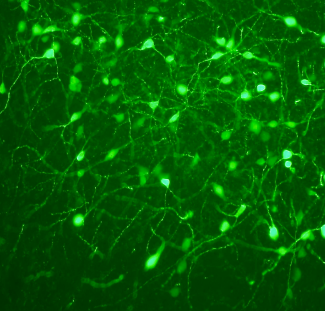(Medical Xpress)—One of Kanazawa University's leading professors has spent the last 15 years investigating the role of orexin neuropeptides in the brain. Takeshi Sakurai's work is furthering understanding of sleep and wakeful states and leading to the development of new therapies for insomnia and narcolepsy. This research is also described in the inaugural June issue of the Kanazawa University Research Bulletin.
In 1998, during a postdoc at the University of Texas, Sakurai discovered orexin A and orexin B – two neuropeptides in the hypothalamus region of rat brains. His team found that the orexins acted as regulators of feeding behaviour in the animals.
"I discovered orexin while searching for endogenous peptide ligands for orphan G-protein receptors," explains Sakurai. "Since then, I have been working on the physiological roles of orexin, completing intensive studies of orexin-producing neurons."
Following on from the initial studies into the role of orexin in feeding behaviour, Sakurai proved that the neuropeptides were responsible for triggering wakefulness in order to search for food. Sakurai found that orexin-deficient mice failed to become active or look for food after a period of fasting.
"Orexin is a critical factor in maintaining and ensuring the stability of wakefulness in the brain, and they interact with systems that regulate emotion, reward and energy balance in the body," states Sakurai5. "Orexin receptors are expressed by neurons in the regions involved in the regulation of arousal, and orexin peptides basically activate these cells. We have since discovered that sleep disorders such as narcolepsy and insomnia are caused by the under- and over-activation of orexins."
Sakurai and co-workers at Kanazawa University, together with researchers in the USA, have recently revealed the functions of orexin receptors Ox1R and Ox2R4. Each of these receptors is now understood to have distinct pathways influencing REM and non-REM sleep patterns, with Ox2R having the most pivotal role.
"From these findings, pharmaceutical companies have now developed orexin receptor antagonists for insomnia treatment," explains Sakurai. "Agonists for Ox2R are sought to create therapies for narcolepsy and other sleep problems. We are planning to investigate the receptors in greater detail in order to shed more light on the mechanisms behind orexin activity."
Provided by Kanazawa University



















